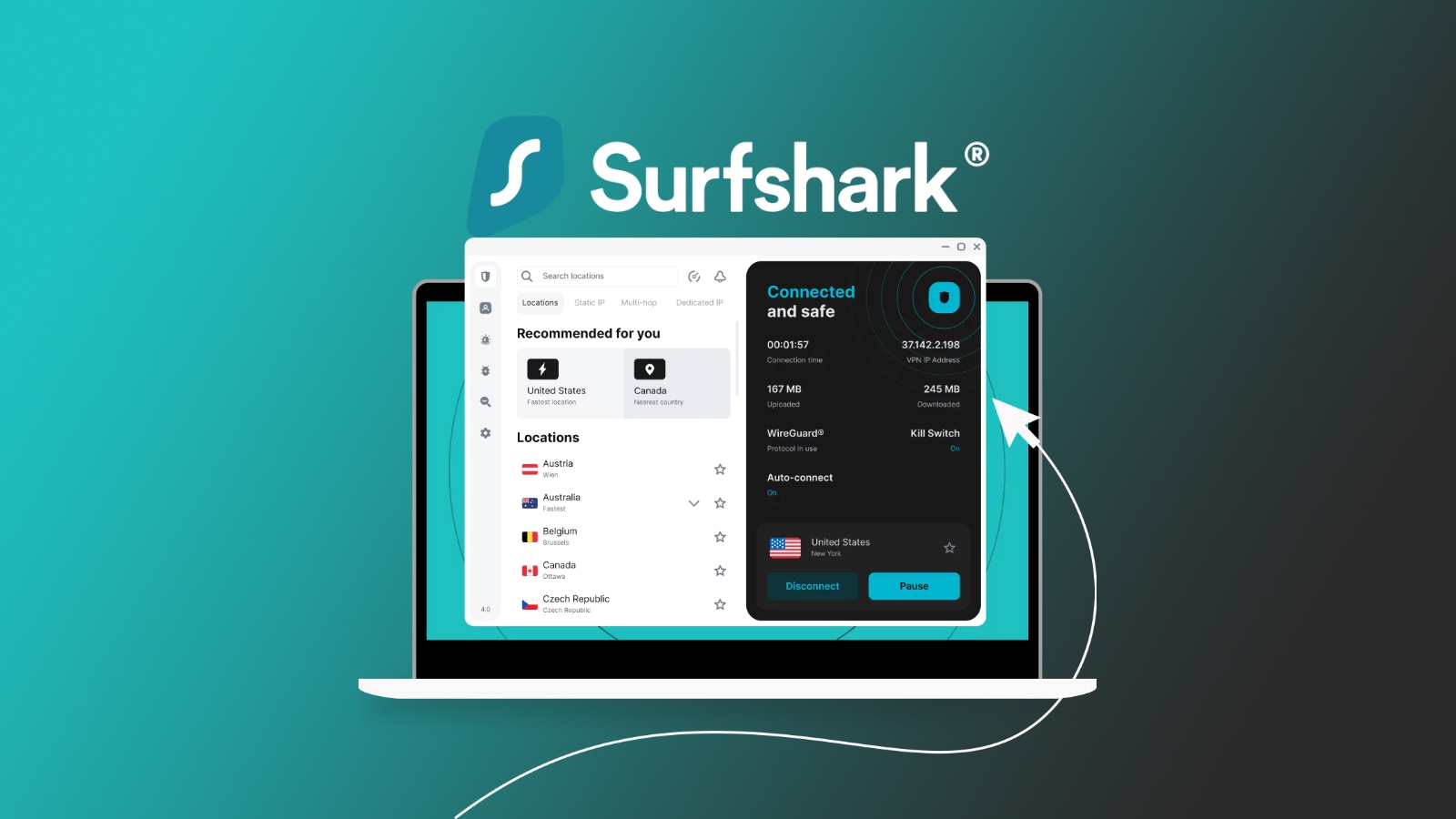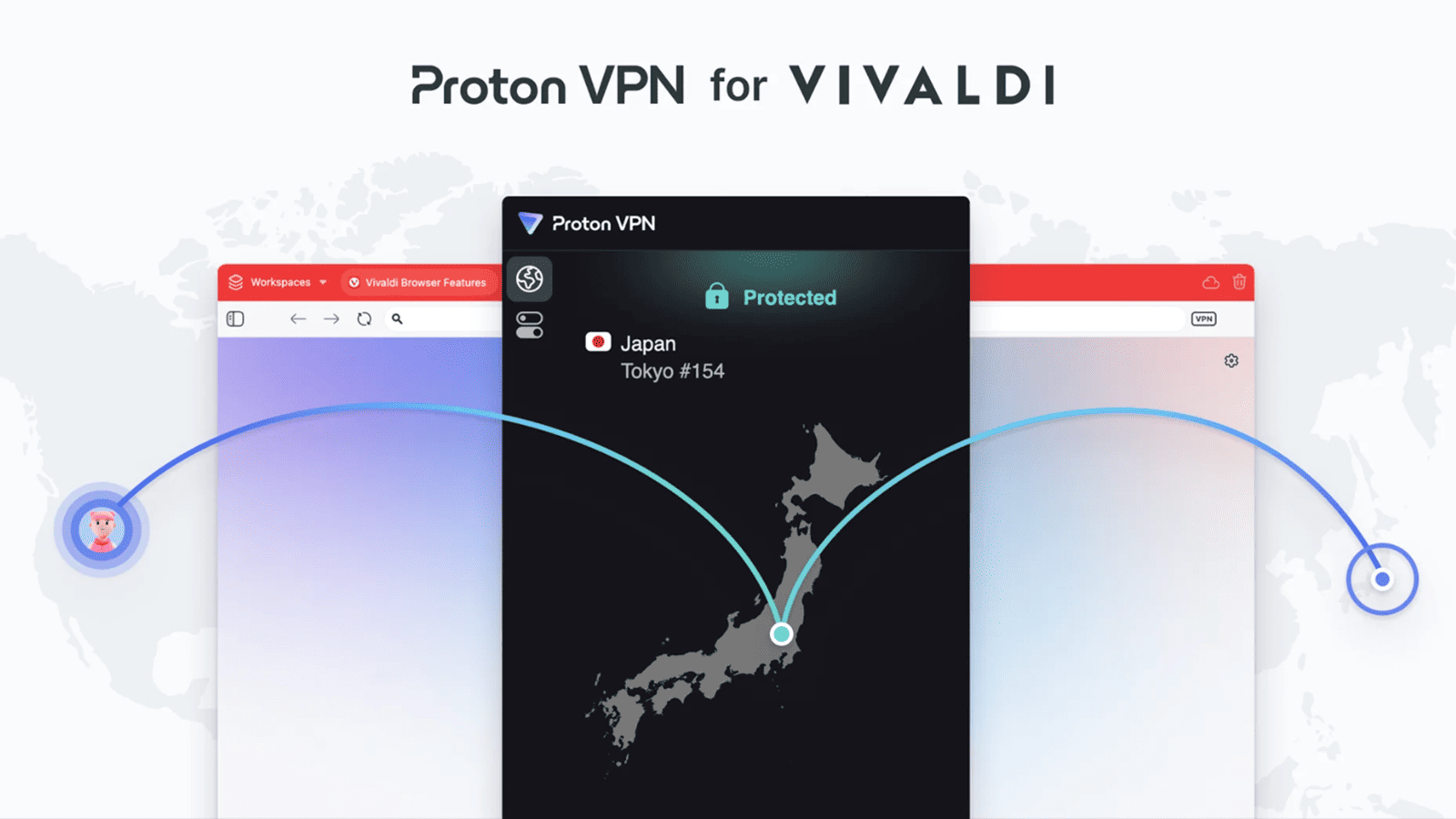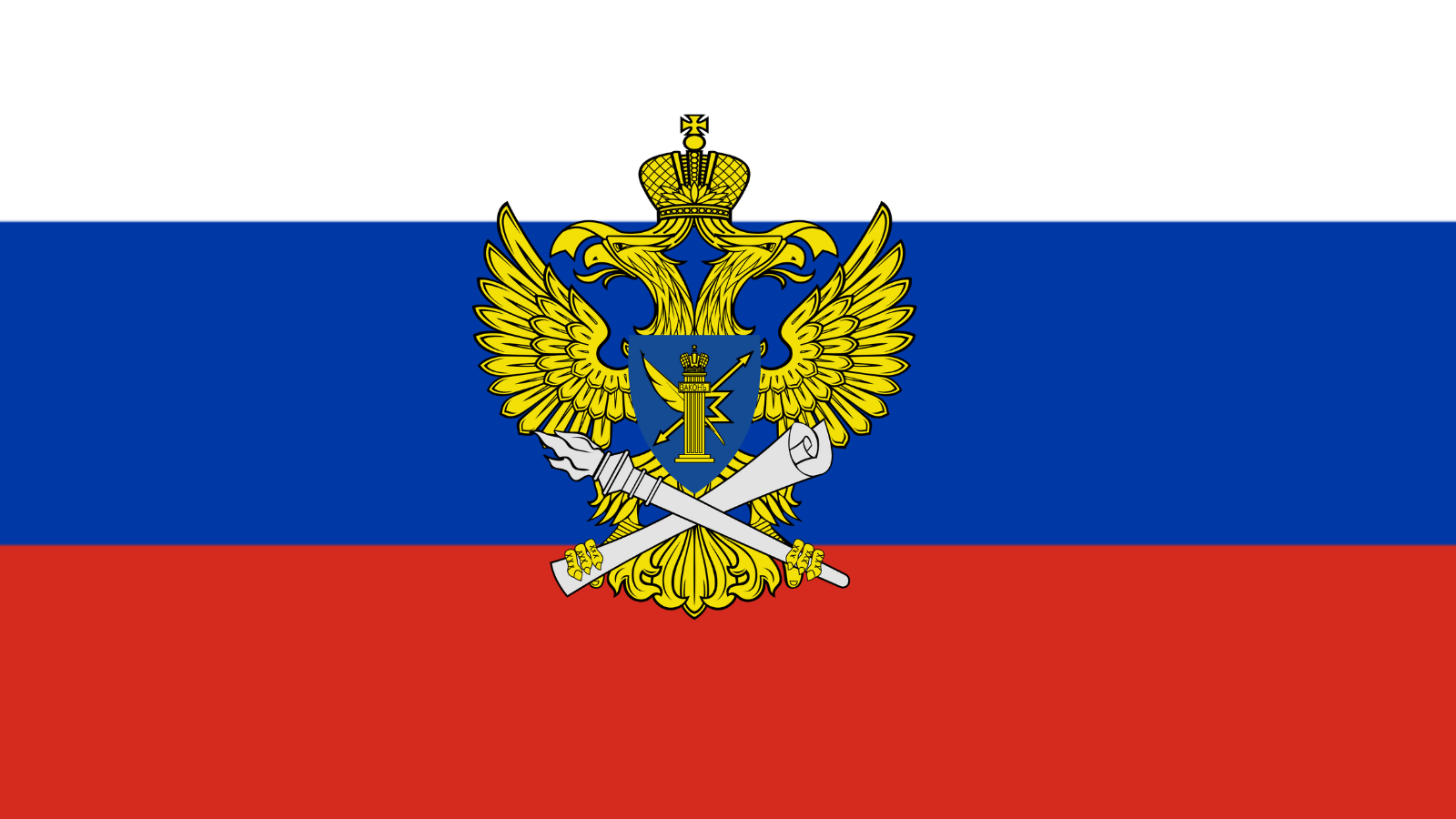
Bell Requested Canadian Government to Ban ‘Copyright Infringing’ VPNs in 2017
- Bell had requested the Canadian government to ban VPNs that allowed users access to blacklisted websites.
- The details of the petition were not known to the public until internal documents were retrieved by The Wire Report.
- The government had rejected the proposal and did not make it part of the USMCA.
According to documents that were revealed recently, Bell had requested the Canadian government to take action against VPNs that were deemed as “copyright infringing.” The request is linked to the NAFTA trade deal negotiations, and VPN usage continues to be a popular topic. OpenVPN CEO Francis Dinha spoke out against the use of shady VPNs last year, and they are often used to get past site-blocking regulations that are in place in various parts of the world.
Bell’s demands for bans on copyright infringing VPNs are to be shut down very quickly. Canadian telecoms regulator CRTC rejected the proposal and law professor Michael Geist detailed how Bell was overzealous with its demands. While there is no current legislation in place in Canada to ban infringing VPNs, an increasing number of site-blocking regulations all over the world could lead to the private network software being looked at by governments and copyright holders. According to Geist a ban on certain VPNs is a real possibility in the future.
Bell’s demands were not made public until recently with the Wire Report requesting access to documents pertaining to the Canadian telecom company. According to the official proposal “Canada should seek rules in NAFTA that require each party to explicitly make it unlawful to offer a VPN service used for the purpose of circumventing copyright.”
Bell claimed that VPNs offering access to blocked content makes the services culpable for copyright infringement. The trade deal between the United States, Mexico and Canada Agreement (USMCA) did not include the telecom company’s proposal. Bell was not the first company to suggest a ban on VPNs with reports revealing that the Department of Canadian Heritage had proposed something similar.
What do you think about Bell’s push to get infringing VPNs banned in Canada? Let us know in the comments below. Also, to get instant tech updates, follow TechNadu’s Facebook page, and Twitter handle.










